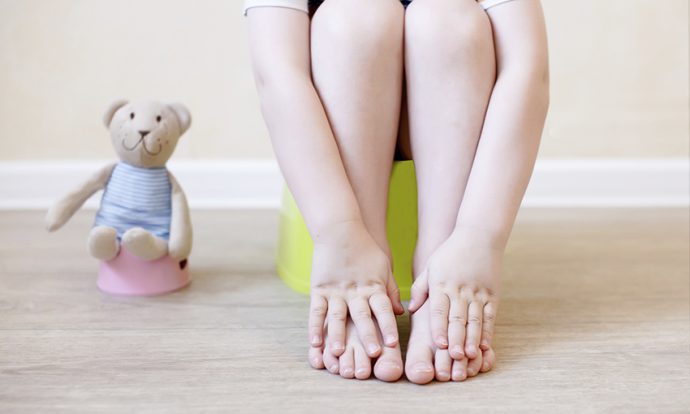Are you a new or expecting parent? Maybe you already have a child at home, and are simply wondering if potty-training is going to be the same if you have another child. When it comes to potty-training, there are quite a few variables that come into play. What matters most is that you recognize the fact that all child train at different ages, and by different methods. What works for one child might not necessarily work with another. If possible, try not to get too stressed-out about when your child will be fully potty-trained. Worrying only hinders the process.
When it comes to potty-training, it’s important to remember that your child must be both physically and emotionally prepared for the process. It’s usually estimated that the average child is ready to begin potty-training between the ages of two to two and a half. This is only a rough guess, however. You know your own child best, and when it comes to potty-training, there’s no set age for your little one. Most parents that attempt potty-training too early find that it becomes a frustrating and stressful experience for both them and their child.
At Right Steps ® Education, we understand that potty-training can be a confusing process for many parents. Most preschools request that children be fully potty-trained before enrolling, and it can be a deal-breaker for many parents if their child is still not completely out of diapers when they want to register for school. Try to remember that children must be able to control their bladders before they are ready to potty-train. Signs of this control can be noted when your child has bowel movements around the same time each day, and when your child wakes up from his or her nap with a dry diaper.
Another sign of potty-training readiness in your child is reflected in his or her ability to master fine motor skills such as climbing, talking and removing clothing. It seems that most children who have reached a certain level of fine motor development are adequately prepared to potty-train. As it turns out, most children are physically prepared to potty-train sooner than they’re emotionally prepared. This means that your little one has to demonstrate a certain level of cooperation for the process to go smoothly. If you find that your child is resistant to potty-training, then chances are, you just need to be a little more patient and wait for his or her cues to try the process again.




